Classroom is characterized by the teaching learning process. Modification of student behaviuor is the ultimate aim of classroom process. This is the great mission shouldered by the teachers in the educational arena. To understand how students learn and study is the crucial tool of the teachers. Psychology of learning comes in the scene in this regard. A hand full of psychological learning theories help to explain the process of student learning. These theories of learning include the classical and modern theoretical formulations. But, all these theoretical models explain and predict the process of learning occur among the students in an observer’s point of view. Observers point of view is really a limitation, in the sense that this will be the theoretical view of the theorist who designed the corresponding theory of learning. Theories of learning do not properly consider many of the learner’s specific factors like the style of learning, how students approach a learning task, study habits and strategies affective and environmental aspects and obstacles in learning etc. Learning is a pure personal mental phenomena, and how this is to be restricted by a frame put by a theory which is absolutely a personal construction of the theorist? This is the major limitation of all the learning theories. The theoretical framework done by the theorist is not expected to suit the individual student. This is due to the fact that the personal process of learning is governed by a number of student specific / affective / behavioural and environmental factors. Overlooking the role of these factors tempted us to resort learning theories for explaining and predicting student learning outcomes. This book is an attempt to highlight the influence of those factors of students in classroom learning in a theoretical, research oriented and practical frame of reference. The author gives emphasis to those factors such as Style of learning, Approaches to studying, study habits and strategies, Affective factors in learning and Learning obstacles and Learning environment etc. The treatment of each factor is characterized by the exclusive presentation of respective and current theories, researches and practical application in the classroom instructional procedures. Each chapter is highlighted with a significant issue as a research focus in that area. No doubt, the book will be a resource material for researchers, teachers and students of Education and Psychology who are interested to understand the process of learning in a student perspective.
Instructional Learning Strategies and Cognitive Entry Behaviour
In the classrooms, teachers ...
$36.10
$38.00

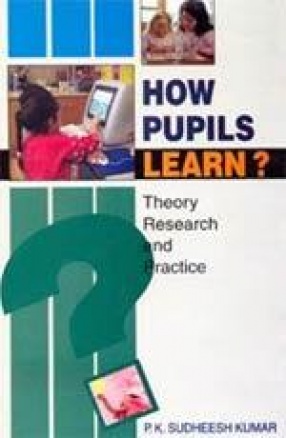
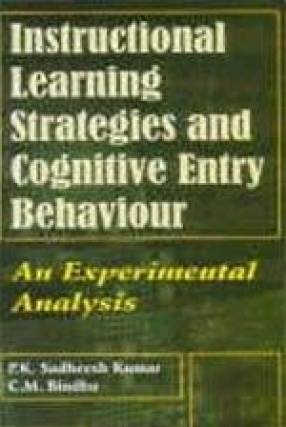
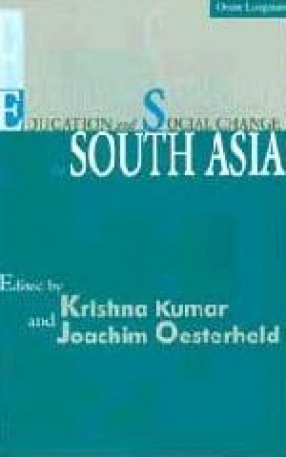
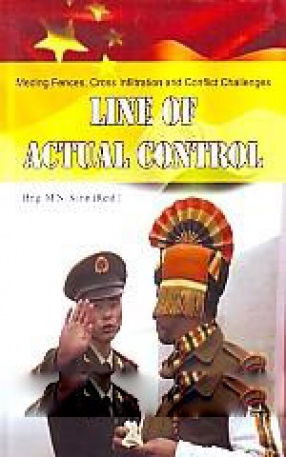
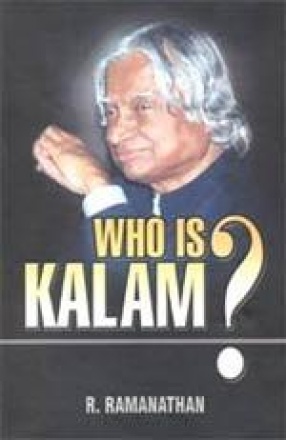
There are no reviews yet.